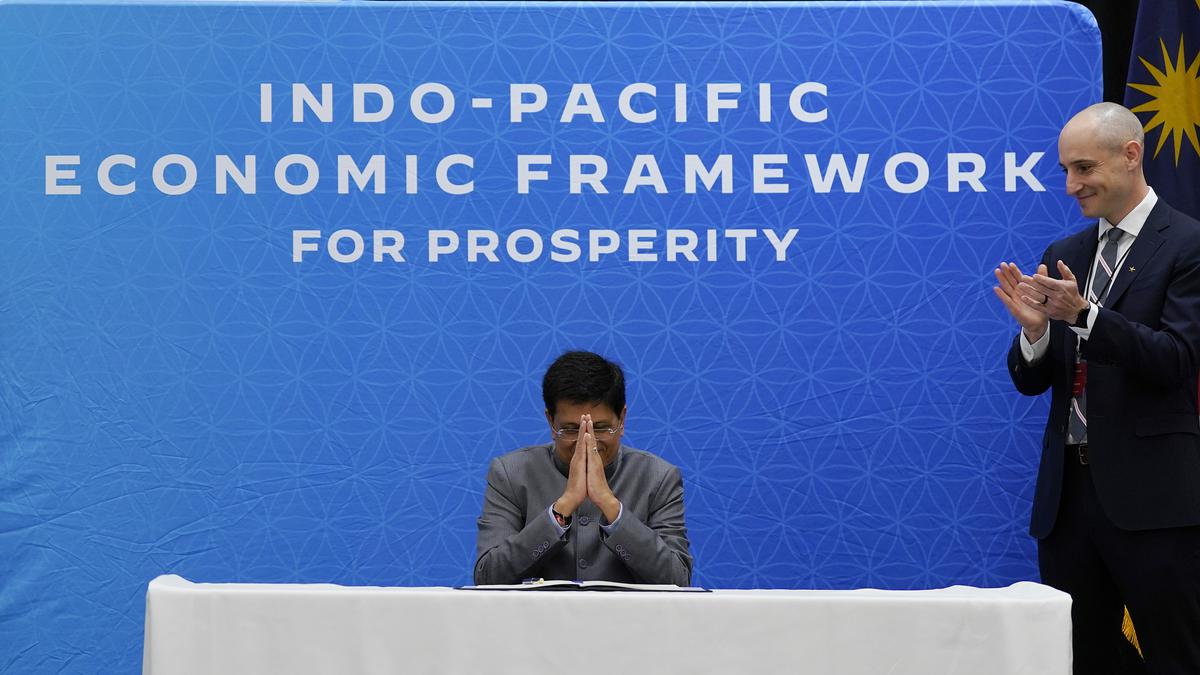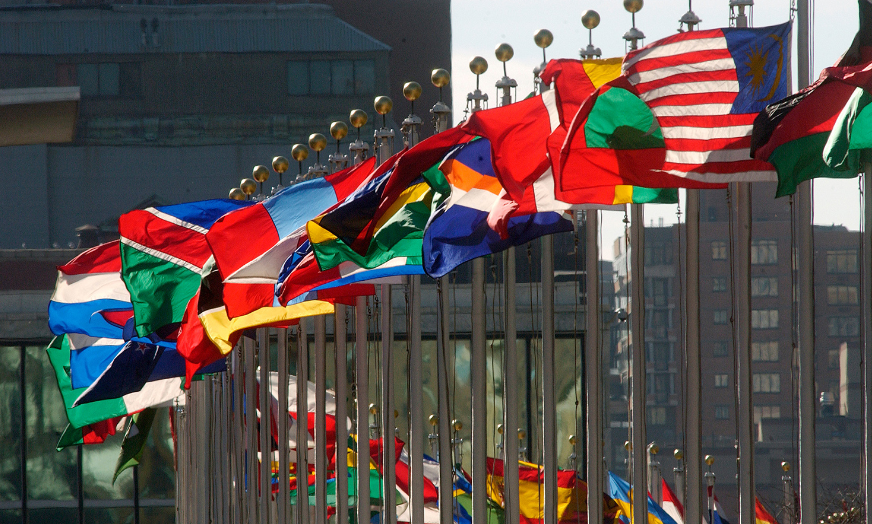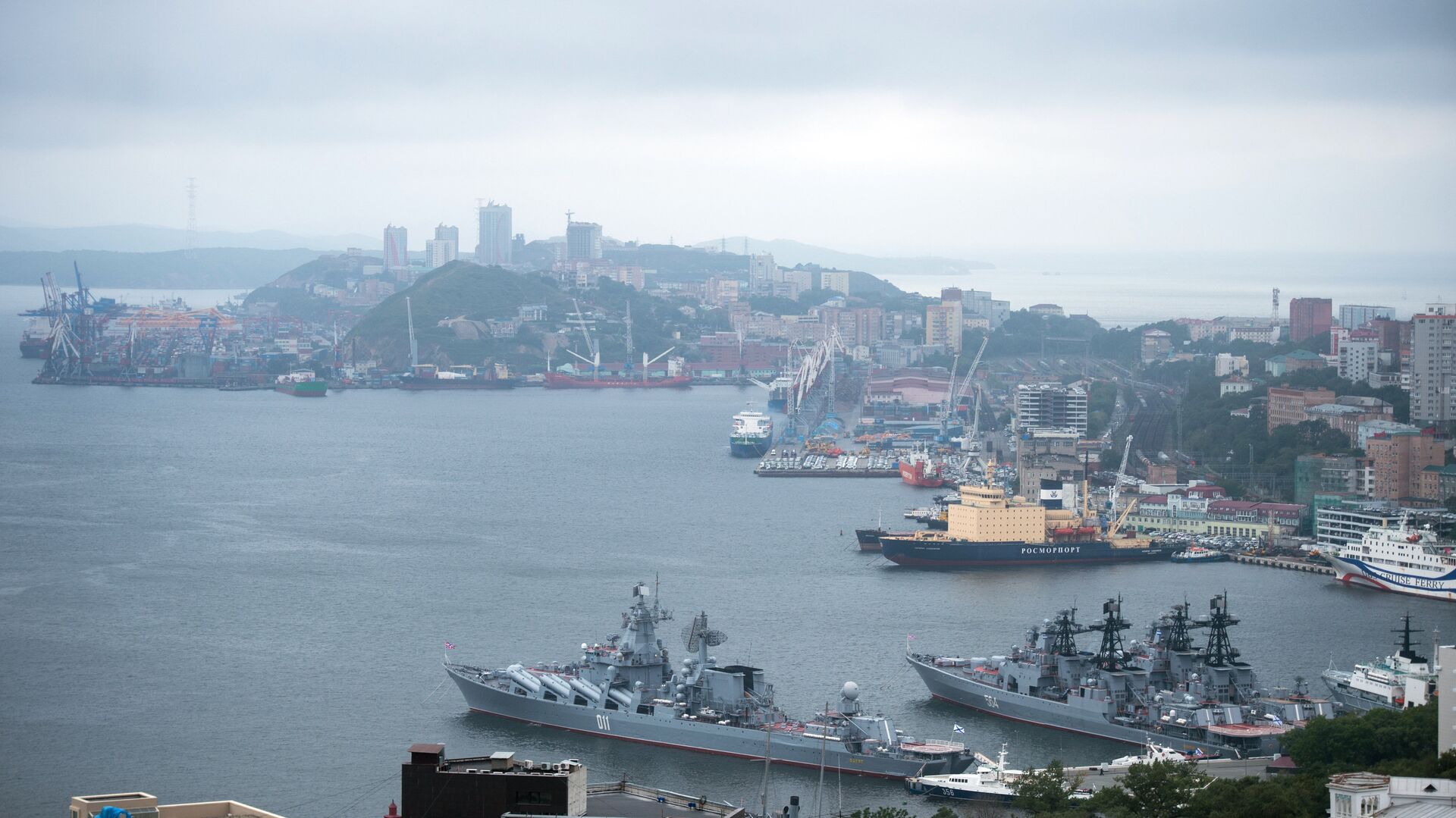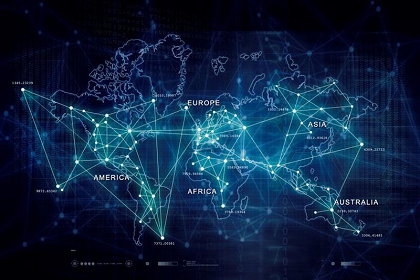IPEF’s clean economy opportunities
The Indo-Pacific Economic Framework for Prosperity (IPEF)’s Clean Economy Agreement is unique in that it offers multiple benefits for investment, capacity-building and standards-setting, all while pursuing a clean economy agenda, voluntarily. India has already seen success in this area and is a hopeful example for others in the Indo-Pacific.










